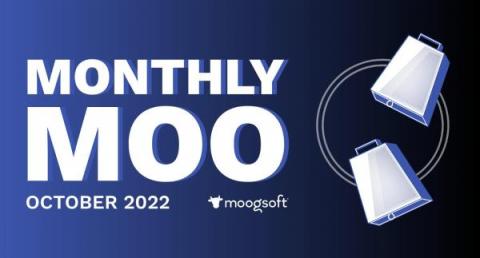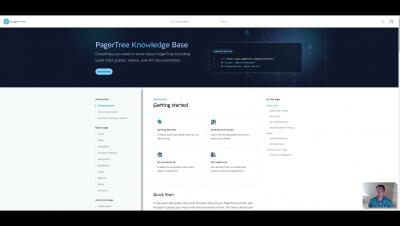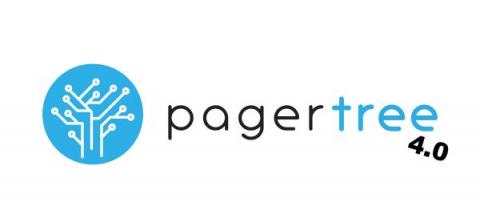Monthly Moo | October 2022
Summer has passed and it’s time for fall - cue transitioning leaves, cozy blankets, and all the pumpkin-themed things your heart could ever desire. As we move into the new season, we are excited to announce our fall product releases across Moogsoft Cloud that enable engineers to detect incidents earlier, resolve them faster, and work as a team across the entire lifecycle. Moogsoft’s Fall product updates enable you to: … and so much more! Read on for deeper details.











